
Chia Seeds
Chia (pashi, chia fresca) or Salvia hispanica is therelative of the sage (Salvia officinalis). These herbs belong to the family of Lamiaceaeand grow in Guatemala and Mexico.
In the pre-Columbian days, chia was used to give energy and strengthto the Mayan and Aztec messengers, because they were needed to run fast to deliversome news. Chia was used as the grain, but also as the flour or the solution. Itwas also the powerful medicinal plant, and chia oil was used to make facialpaint.
Chia is one of the richest plants in fatty acids, and itcontains all three of these acids, including omega 3, omega 6 and omega 9essential fatty acids. Because of these ingredients, chia seeds are proven helpfulto prevent cardiovascular diseases and clogging of the arteries. These seedsincrease the level of HDL the “good” cholesterol and therefore lower both triglyceridesand heightened cholesterol in the blood. Yet another benefit is chia seedsanti-cancer property.
Chia is approved by the FDA (Food and Drug Association) ofthe Unites States. The AHA (American Heart Association) also recommended chia to beused on a regular basis in patients suffering from coronary heart disease. However,it remains the fact that there are not enough studies to establish full effectsand side effects of these seeds.
The recommended dose for the adults is 2 tablespoons (or about15g) of chia seeds every day. Cardiovascular patients are advised to use largeramounts of these seeds, and their daily dose of blended chia seeds should beabout 33 to 41g. These patients should not use chia for more than 3 months.
Children can also use chia, but with precautions. For thechildren under the age of 10, it is recommended to use 1 tablespoon of chiaseeds.
Chia Adverse Effects
Different studies reveal various potential problems whenusing chia seeds.
The least worrying were the gastrointestinal problems,including gases and bloating in some patients. This effect can be easilyexplained by the high amount of fibers in chia seeds and it shouldn’t be areason for concern.
Patients suffering from hypotension (low blood pressure)should avoid these seeds, since they might significantly decrease theirsystolic pressure and cause some health problems. Also, chia is not recommendedfor patients using blood thinners or Aspirin for the chronic conditions, sinceit has the same effect as these medications. Always consult your doctor, beforestarting the treatment with chia.
Chia might cause allergies. People allergic to mustard andmustard seeds should be aware of that and avoid even being in the contact with chiaseeds.
Some studies have also shown the increased risk of prostatecancer in men using chia seeds.
Warning
The recommended procedure is to take chia seeds for a shorttime, and then make a break, because some chia users have become addicted onthese seeds.
Don’t use chia seeds if you are pregnant or breastfeeding,because they might not be safe for you or your child.



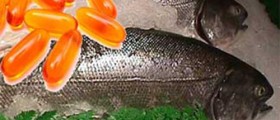
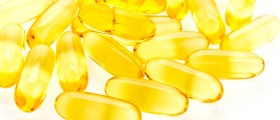


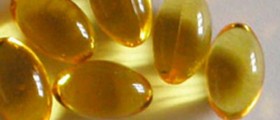
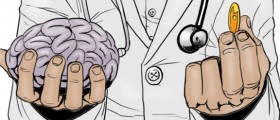

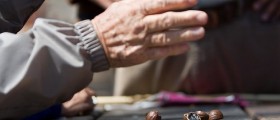

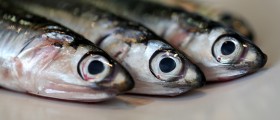
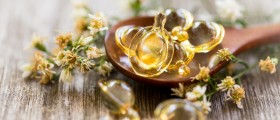

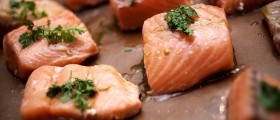
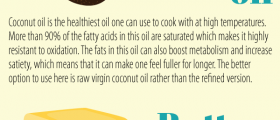
Your thoughts on this
Loading...